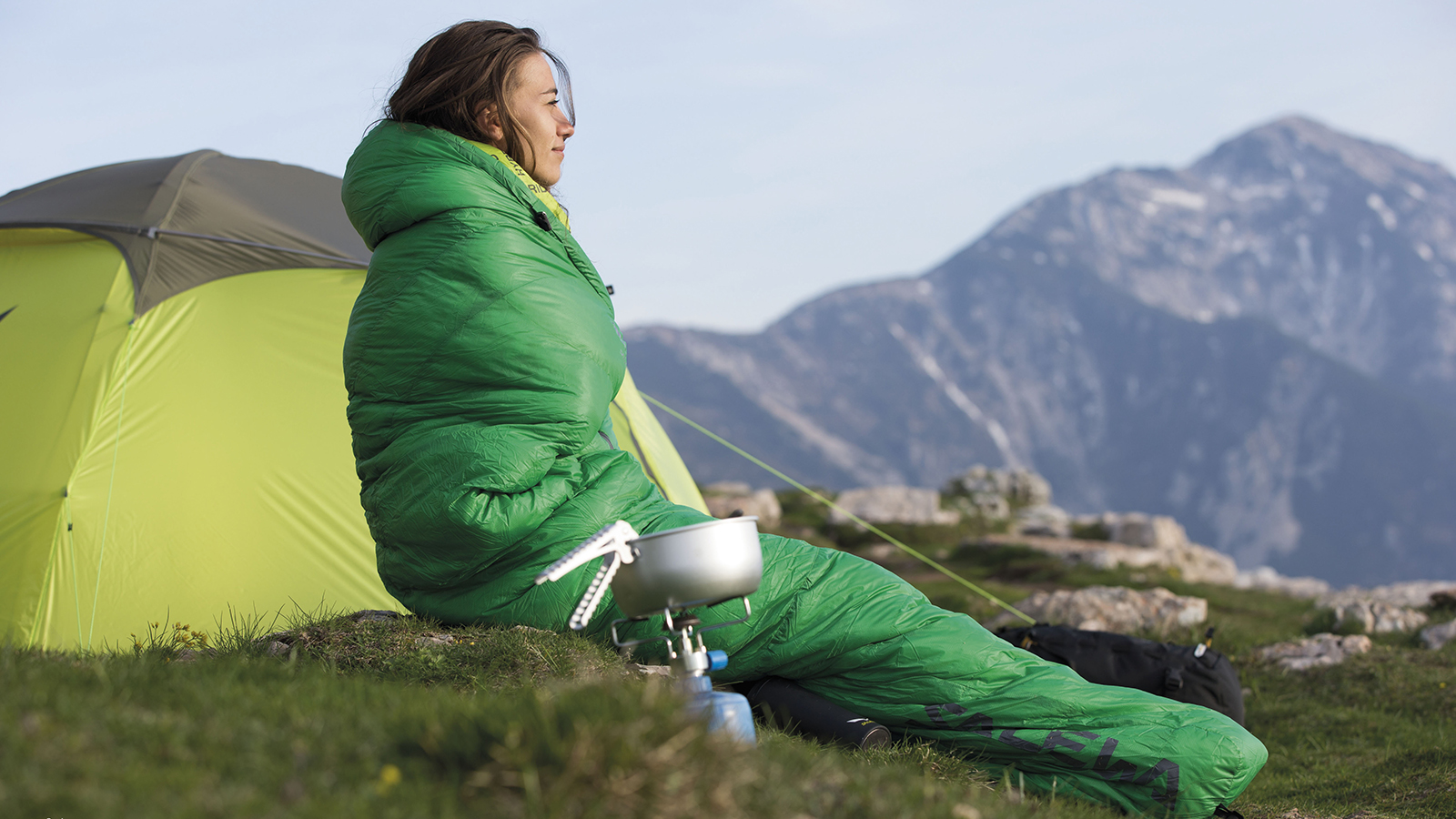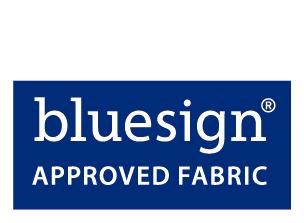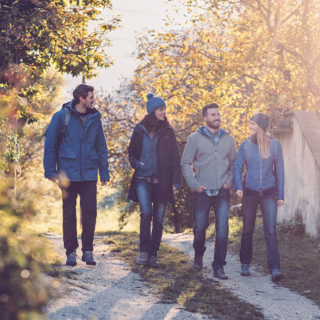Salewa – Eco Down Sleeping Bag
- Achievments:
-
Recycled Down
- Recycled Down
-
- > View all 'Recycled Down' evaluations
× -
Great Repairability
- Great Repairability
-
- > View all 'Great Repairability' evaluations
× -
Recyclable
- Recyclable
-
- > View all 'Recyclable' evaluations
×
Product description by Salewa
The Eco -1 is a recycled down sleeping bag designed for mountaineering, hiking and trekking with sustainable natural insulation technology.
Recommended for environmentally conscious users, it matches sustainability with the advantages of natural down. Its 80/20 recycled down fill from used sleeping bags has a high warm-to-weight ratio and a fill power of 500 cuin which makes it well suited to temperatures down to -1°C. The recycled down is silverised to make it odor-resistant, even on long treks. It also requires less frequent washing.
It has a full-length, two-way zip with anti-catch flap so it can be coupled with another compatible bag, or opened up wide like a blanket. It has a contoured hood, preshaped thermo collar and foot section and a zip at the foot section. All draw strings are easy to operate with one hand. For body lengths up to 185 cm. Outdoor Gold Industry Award 2014.
GRV’s View
This sleeping bag has been studied by Salewa as a pilot project to close the loop. Used down from old Salewa products end up in new Salewa products. All steps of the production are in Europe, emission through transportation is very low.
Check out the field test of the Eco Down Sleeping Bag we did with Jeckybeng in early 2016. Click here…
- Customer Service:
- Buy
- CUSTOMER SERVICE International




Good
9 / 15
- Certified by:
-
- bluesign® approved fabric
-
- > View all 'bluesign® approved fabric' evaluations
×
GRV Transparency ToolSalewa - Eco Down Sleeping Bag
2016

 Management
Management Commitment
Commitment Product
ProductBrand Management
- Salewa is a bluesign® system partner and Fair Wear Foundation Member
- Awarded with the first Italian Casa Clima Work&Life certification for HQ in Bolzano. The building is climate neutral with solar electricity production on-site.
- Work-life balance (audit familieundberuf) and in-house child care, support of environmental and social projects such as SOS Kinderdörfer, Salewa Garden for Refugees, Sherpa Women, Earthquake Relief Efforts, Salewa Upcycling with Akrat and Design University of Bolzano
- Support for local supply chains (wool)
Brand Commitment
- Regular GRI Reporting
- Salewa's “Environmentally friendlier products” are focussed on chemical safety, animal welfare and natural and recycled fibres. See % below. On social aspects, Salewa is working with Fair Wear Foundation.
- Salewa is involved in multi stakeholder initiatives like EOG, HIGG INDEX SME project, FWF, BSI (CSR working group) and animal welfare working groups.
Product
- The idea is to create a closed loop system, where customers can take back their down products, so it can be recyled into sleeping bags.
- The ECO Down Sleeping Bag is made from fully recyled bluesign@ approved polyester and recycled down
- Strategy is to expand this concept internationally. The entire production and hygenic treatment is done in the EU to keep emission low
- Critical PFCs chemicals keep the face fabric dry
- Brand Management
- Brand Commitment
- Product
Brand Management for us at GRV means to look at all the issues, which are directly controlled and integrated by the Brand’s Management towards business and supply chain strategy as a whole.
Brand Commitment for us at GRV means to look at the pro-active efforts towards sustainable development on all levels like the % of “sustainable product” lines within the whole portfolio, their investment in life cycle assessments and public reporting, as key indicators of the Brands engagement towards a responsible business.
On this level GRV is looking at product related information, like material content, supply chain and certification. Guarantee and end of use advice is also an important aspect. At the moment, GRV is looking at selected highlight product from different product lines, which show the special sustainable efforts of the brand.




/ 5
Integration of sustainability
Salewa has a designated group of four people, which are committed to implement CSR into brands activities as well as being the link into the other brands of Oberalp Group.
Certificates
Salewa is a bluesign® system partner since 2011, which means access to comprehensive chemical management within the supply chain and the obligation to use an increasing quantity of bluesign® fabrics.
less
Their Quality Management is done with the ISO 90001 Series.
Salewa is a member of the Fair Wear Foundation since 2013.
“In 2015, SALEWA & DYNAFIT meets most of FWF’s management system requirements. With a benchmarking score of 71, it is well within the Good category.”Emission Management
Salewa is calculating its Corporate Carbon Footprint for all their offices and retail stores in collaboration with myclimate. The focus lies on the CO2 emission management at its headquarters, which holds the Casa Clima certification and is climate neutral with solar electricity production on-site.
lessSourcing Philosophy
Long-term relationships within their supply chain, their environmental and social sourcing guidelines are implemented worldwide.
less
Social Auditing is done via Fair Wear Foundation at manufacturing level.Environmental & Social Projects
Salewa headquarters holds the Casa Clima “Work-life” certificate. It was Italy’s first building to receive this certification for a sustainable working environment.
less
The Audit “familieundberuf” includes day care for babies and children, the possibility to work part time and to prolong the official maternity leave. Even fathers can take time off to look after their children.
SALEWA also supports SOS Kinderdörfer, Salewa Garden for Refugees, Sherpa Women, Earthquake Relief Efforts, Salewa Upcycling with Akrat and Design University of Bolzano.Design Process
Salewa follows a conventional design process, but some pilot projects like the local wool project “Tyrol Wool”, or closing the loop with a fully recycled sleeping bag are in place to inspire movement towards eco design.
lessEvent Management
The trade-show booth has been built for the Outdoor Show in 2014 and was used until ISPO 2017, so for six shows all together minimum. All the booth elements (floor, wall, seats, displays, screens, tables) are stored in a warehouse almost within 100 meters from ISPO, and still within a reasonable distance from the OutdoorShow.
Only few minor graphics change over the seasons. Independently from the nature of the material, no waste is created during dismantling.
The walls and booth structures are constructed with aluminum frames. Fabrics, which account for the biggest part of the booth, occupy only a really small space and are light for transportation.
Most of the display elements are reused in Salewa’s properties such as the Brand Store and headquarters for merchandise purposes.
Booth overall 70% recycled content: – 60% rec. wood (plywood, chipboard) – 20% fabric material (non recycled) – 10% rec. Vinyl flooring – 10% not rec. Metal frames.
All Marketingbanners used at the tradeshow (and in shops for campaigns) are collected by CSR and provided to a local Upcycling Company in Bolzano (Akrat). They transform the banners into bags, pillows cases and similar items under the Salewa Upcycle Collection.
lessProduct Transport
They measure inbound and outbound transportation options and there is a strategy in place to measure and reduce emissions constantly. A pilot project aiming to bring more road transport to train transport started in 2016.
lessPackaging & Labeling
Packaging and labeling is 30-50% recycled content, no PVC and non-bleached.
Material Program & Testing
Salewa has documentation of all major substances and targets to reduce environmental impacts. This is put in place by the use of the SME Higg Index project, which gives access to the Higg Suite of tools, including the Development Design Module to monitor material impact.
less
Salewa tests their performance driven product intensively at laboratories and in field tests.Repair & End of Use
Salewa offers in-house repair service at the headquarters in Bolzano for Shoes, Equipment and Technical Hardware within two days, and all Apparel or repairs that include sewing work are sent to the office in Montebelluna (2hrs South from Bolzano) and are repaired within five days. Every year, each country pre-orders expected spare-parts, based on which Salewa develops a collective spare-parts catalogue for the central repair service team.
less
Life Cycle Assessment
Salewa are planning an LCA (or LCA’s) for 2017/18.
LCA’s give the brand a detailed analysis of a product impact to be optimised with the goal to reduce environmental harm.Reporting
The reporting tonus at the Oberalp Group is every two years. They have published regular reports according to international guidelines GRI 3.1 in 2011 and 2013. For 2015 GRI 4 was planned but because of limited human resources caused by maternity leave, Salewa did a Magazine by the name of “Contribute” instead, which explains all environmental and social issues around Salewa’s activities. In the future the tonus will be yearly starting in 2017 with the newly updated GRI Standards.
lessShare of “Environmentally friendlier” products
In order to define an “environmentally friendlier”product, Salewa started to collect data by three relevant fields of action:
Chemical safety, animal welfare and natural or recycled materials.
1. Chemical safety in 2017: via the bluesign® System (winter: 30%, summer: 35%) and Oekotex 100 (winter 2016: 76%, summer 83%)
PFC free styles: Summer 28%, winter 17% (% are for all pieces, that traditionally have a DWR)
2. Animal welfare in 2017: focus on wool and down.
Winter 2017 is 100% mulesing free. One of Salewa’s major projects is the locally sourced Tyrolian wool. In winter 2017 and summer 2017 all wool is mulesing-free by self declaration of the suppliers.
Salewa uses RDS (Responsible Down Standard) certified down for apparel or recycled down for equipment.
Apparel: 100% RDS, Equipment: 10% recycled down.
3. Natural or recycled materials: Wool, linen, organic cotton and recycled polyester. Winter 2017: 22%, Summer 2017: 30%
lessShare of “socially responsible” products
Salewa measures the % of the production volume, which is produced by an audited by FWF factory or low risk countries.
87% in 2015,
90% in 2016.Innovation
Budgets towards sustainable innovation are under 5% of total turnover. One dedicated person in Apparel design & product development is focusing on innovation. Her main projects are on locally sourced wool to combine tradition and innovation.
lessCredibility
To stay close to the opinion of the people who work for Salewa, there is a survey of staff conducted all 2-3 years.
less
Salewa is also involved in multi stakeholder initiatives:
EOG, HIGG SME project, FWF, BSI (CSR working group), RDS & RWS working groups.Progress
1. Reduction to max. 10% of products with DWR to contain any C6 Chemistry in 2017’s production.
less
2. 100% RDS or recycled own within apparel collection: (W16: 50% à S17: 58% à W17: 78%)
3. 100% natural or recycled main fabrics (S17: 19% à W17/18: 22%)Common Welfare Investment
Salewa is active in numerous multi-stakeholder groups. EOG, RDS, RWS, FWF, GRV, Higg SME Project, BSI CSR Arbeitsgruppe
Design
Circular design! Because it is made from two components, which are adapted to existing recycling streams. With this particular sleeping bag, Salewa made the effort to take the down from waste product and recycle it again.
lessSourcing Strategy
The down suppliers are selected by the willingness to recycle the down collected by Salewa.
Material & Recycling
Face fabric is bluesign® certified polyester and easy to dissemble.
Certificates
bluesign® approved fabric.
Traceability & Emission management
The entire production and hygienic treatment is done in the EU to keep emissions low.
Social & Environmental Management
Whole supply chain in European low risk countries.
Critical Chemicals Management
Waterproofing with PFC’s (short chain C6) on the outer shell to ensure keeping the downs dry. PFCs are critical and hazardous chemicals, many outdoor brands have faded out PFC or are trying to do so. Brands that are still using PFCs argue that it enhances the products lifespan considerately and is therefore the “lesser evil”.
lessAnimal Welfare
This product contains recycled down. Animal welfare issues with the original down can’t be excluded.
Life Cycle Assessments
No
Maintenance & Care
Wash with low temperatures, it is advisable to use a tumble dryer to have the loft and to re-activate the DWR (water repellency).

Salewa was founded 1935 by the saddler Josef Liebhart in Munich and was sold to the Oberalp Group in the 1990’s, owned by the Oberrauch Family in Bolzano, South Tirol. Oberalp has 600 employees. Salewa is best know for: alpinism, tents, shoes, outdoor apparel and back-packs.



